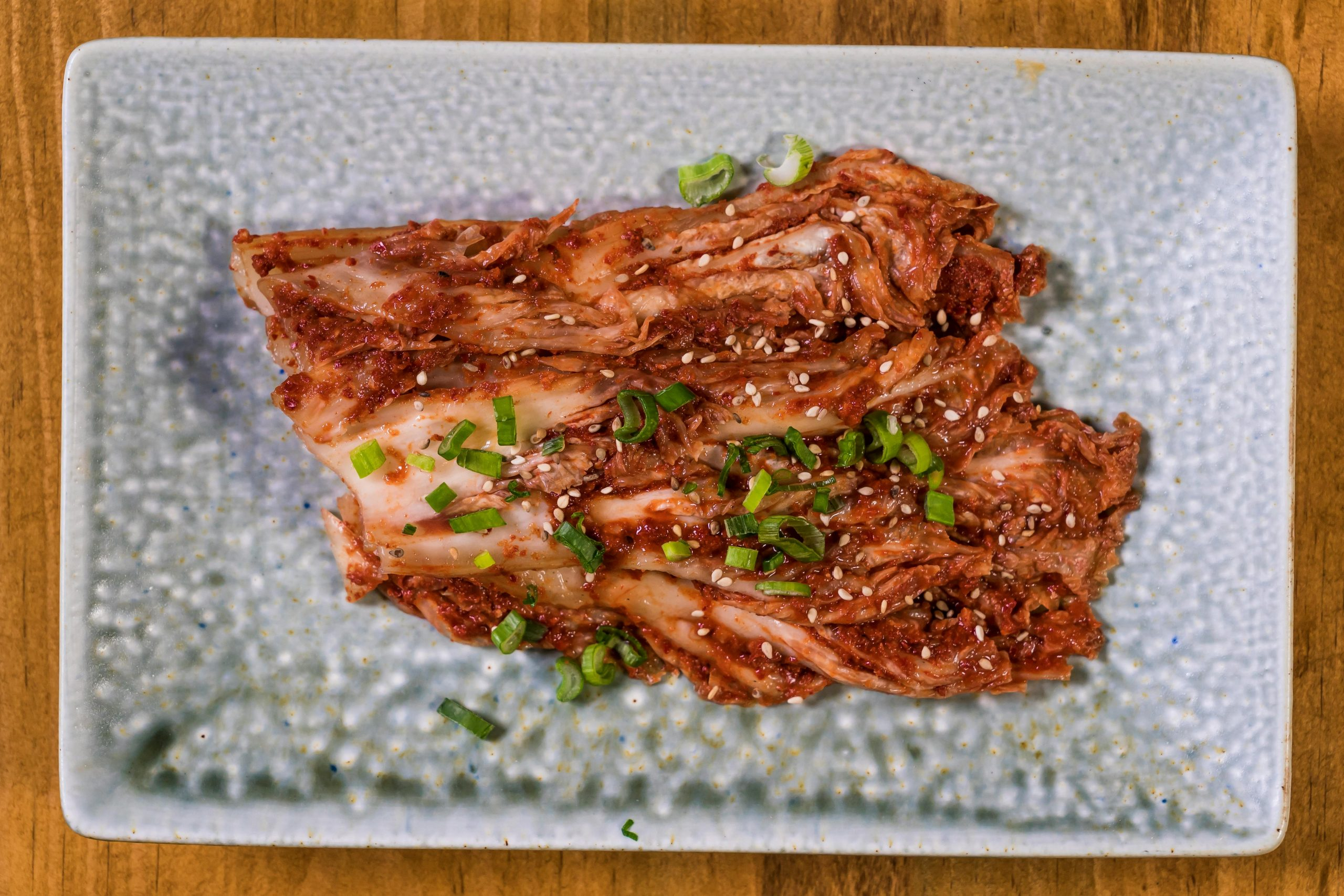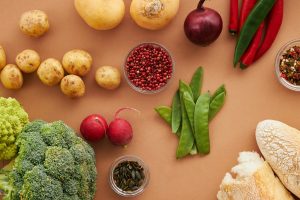Fermented Foods for Gut Health: What to Try in 2025
Are you looking for a natural way to improve your gut health? Look no further than fermented foods! These foods have been used for centuries to not only preserve food, but also to improve digestion and boost overall health. As we continue to prioritize our well-being in today’s fast-paced world, it’s no surprise that fermented foods are expected to become even more popular in 2025.
Why Fermented Foods?
Before diving into what fermented foods to try in 2025, let’s first understand why these foods are beneficial for our gut health. Fermented foods are created through a process of lacto-fermentation, where natural bacteria feed on the sugar and starch in the food, creating lactic acid. This process not only gives fermented foods their tangy flavor, but also produces probiotics – the good bacteria that help balance the microbiome in our gut.
When our gut is populated with healthy bacteria, it not only aids in digesting food, but also strengthens our immune system, balances hormones, and even affects our mental health. With the rise of gut-related health issues such as irritable bowel syndrome, leaky gut, and food sensitivities, incorporating fermented foods into our diets is a wise choice for optimal gut health.
Top Fermented Foods to Try in 2025
Kombucha
Kombucha has been a trendy fermented drink for the past few years and its popularity is expected to continue in 2025. Made from fermented tea, honey, and a culture of bacteria and yeast, kombucha is a fizzy and refreshing drink that is rich in probiotics. It also contains antioxidants and B vitamins, making it a great choice for overall health.
Sauerkraut
Sauerkraut, a staple in Eastern European cuisine, is made from fermented cabbage and has a tangy flavor. This fermented food is a good source of probiotics and also contains high amounts of vitamin C and antioxidants. Sauerkraut can be eaten as a side dish, topping for sandwiches, or mixed into salads for added health benefits.
Miso
Miso, a paste made from fermented soybeans, is a staple in Japanese cuisine and is commonly used in soups, marinades, and dressings. This fermented food is rich in probiotics, antioxidants, and essential minerals. It is also a good source of plant-based protein, making it a great choice for vegetarians and vegans.
Kefir
Kefir, a yogurt-like drink, is made by fermenting milk with kefir grains, a mix of bacteria and yeast. This fermented food is not only high in probiotics, but also contains calcium, magnesium, and B vitamins. With its creamy texture and tangy flavor, kefir can be enjoyed as a drink or used as a substitute for yogurt in smoothies and recipes.
Kimchi
Kimchi, a traditional Korean side dish, is made from fermented cabbage, radish, and other vegetables. It has a spicy and sour flavor and is a good source of probiotics, vitamins, and minerals. Kimchi can be eaten on its own, used as a topping for rice and noodle dishes, or incorporated into recipes for added flavor and health benefits.
Incorporating Fermented Foods into Your Diet
Now that you know some fermented foods to try in 2025, it’s important to understand how to incorporate them into your diet. Start by adding small amounts of fermented foods to your meals, such as a spoonful of sauerkraut to your sandwich or a serving of kefir with your breakfast. Gradually increase your intake as your taste buds adjust to the tangy flavors.
It’s also important to choose high-quality fermented foods, as some store-bought versions may be pasteurized, which kills off the beneficial bacteria. Look for raw and unpasteurized options from reputable brands or try making your own fermented foods at home.
Conclusion
Fermented foods have been around for centuries and are expected to continue gaining popularity in 2025. These foods not only add unique flavors and textures to our meals, but also provide numerous health benefits, particularly for our gut health. So why not start incorporating some of these fermented foods into your diet and see the positive impact on your overall well-being? Your gut will thank you!









